In our increasingly digital world, data privacy has emerged as a critical concern for individuals, organizations, and governments. But before privacy became a mainstream topic, several visionaries recognized its importance and devoted their careers to advancing privacy concepts, technologies, and protections.
We celebrates their contributions, which have driven ethical and user-first solutions like Privacy-Led Marketing and helped build the foundation of a trusted digital world.
Meredith Whittaker, president of the Signal Foundation
Meredith Whittaker is a distinguished researcher and advocate in the field of artificial intelligence (AI) and privacy. She currently serves as the president of the Signal Foundation, the nonprofit organization behind Signal Messenger, a leading platform for secure communication. Whittaker also co-founded the AI Now Institute at New York University, which focuses on the social implications of AI.
Throughout her career, Whittaker has been a vocal critic of surveillance capitalism and has actively promoted ethical technology practices. Her leadership at the Signal Foundation underscores her commitment to ensuring that privacy and innovation coexist, challenging the notion that data harvesting is a prerequisite for technological advancement.
By championing open-source, privacy-focused technologies, Whittaker has set a new standard for ethical communication tools, influencing industry practices and reinforcing the importance of user privacy in the digital age.
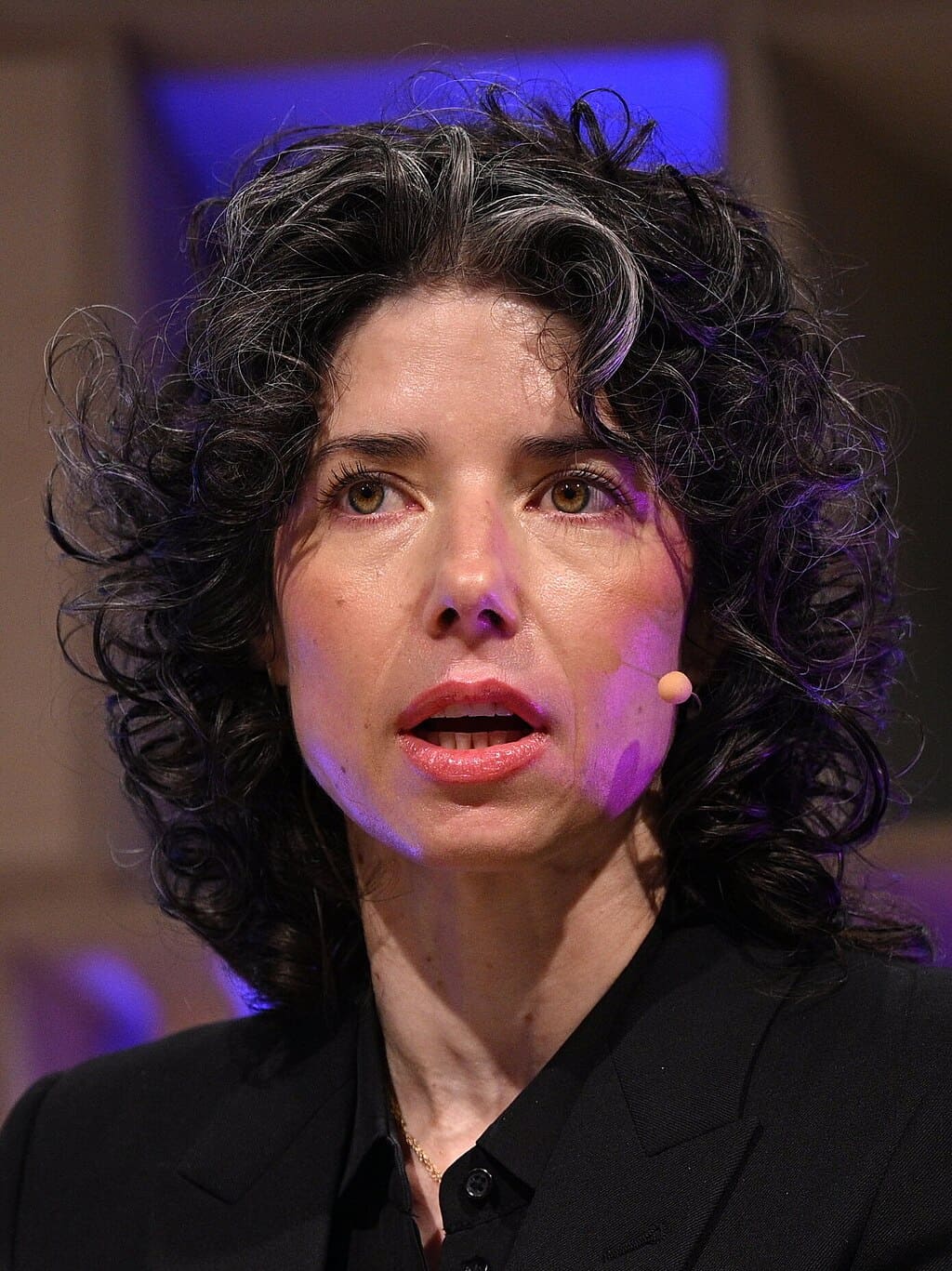
Meredith Whittaker has consistently challenged the notion that privacy must be sacrificed for innovation. As president of the Signal Foundation, responsible for the world’s most trusted private messaging platform, she proves that secure communication can exist without data harvesting, setting a new standard for ethical technology.
Sir Tim Berners-Lee, inventor of the World Wide Web
Sir Tim Berners-Lee revolutionized the digital world by inventing the World Wide Web in 1989, fundamentally transforming how we access and share information. That you’re reading this article is largely due to his invention. However, as the internet evolved, so did concerns over centralized data control, surveillance-driven business models, and the erosion of user privacy. Recognizing the challenges, Berners-Lee started the Solid project, which aimed to restore users’ control over their personal data.
Solid introduced a decentralized framework where individuals store their data in personal online data stores, known as “pods,” and can give access to applications as they see fit. This model disrupts the prevailing surveillance economy by decoupling data from applications, which reinforces the principle that users should have explicit control and consent over how their personal information is used.
By shifting data ownership back to individuals, Berners-Lee’s work continues to influence privacy-first approaches, leading companies to adopt transparent, ethical data practices that center user sovereignty.

Tim Berners-Lee gave us the World Wide Web, and his current mission may prove even more crucial: reclaiming the internet from data harvesting. Through his Solid project, he’s working towards a web where personal data remains under user control, challenging the surveillance economy that emerged from his original creation.
A visionary who not only shaped our digital past but actively works to secure its future.
Vint Cerf, co-inventor of TCP/IP protocol
Vint Cerf, known as one of the “Fathers of the Internet,” co-designed the Transmission Control Protocol/Internet Protocol (TCP/IP) in 1973, establishing the architecture that enables global data communication. Beyond this pivotal contribution, Cerf has been an advocate for integrating privacy and security directly into network infrastructures. Recognizing vulnerabilities in its original design, he has emphasized the necessity of embedding robust security measures within the internet’s core protocols to protect users from emerging cyber threats.
Expanding his scope beyond planet Earth, Cerf has started developing the Interplanetary Internet, a communication framework designed to facilitate data exchange across the vast distances of outer space. Collaborating with NASA and the Jet Propulsion Laboratory, his contribution has been crucial in creating delay-tolerant networking protocols capable of handling the unique challenges of space communication, such as prolonged signal delays and intermittent connectivity.
Cerf’s commitment to incorporating privacy and security into these protocols highlights his belief that protecting personal data is non-negotiable, whether on Earth or beyond. His ongoing efforts will keep the principles of user privacy and data central to technological advancement, even as we venture into interplanetary communication.
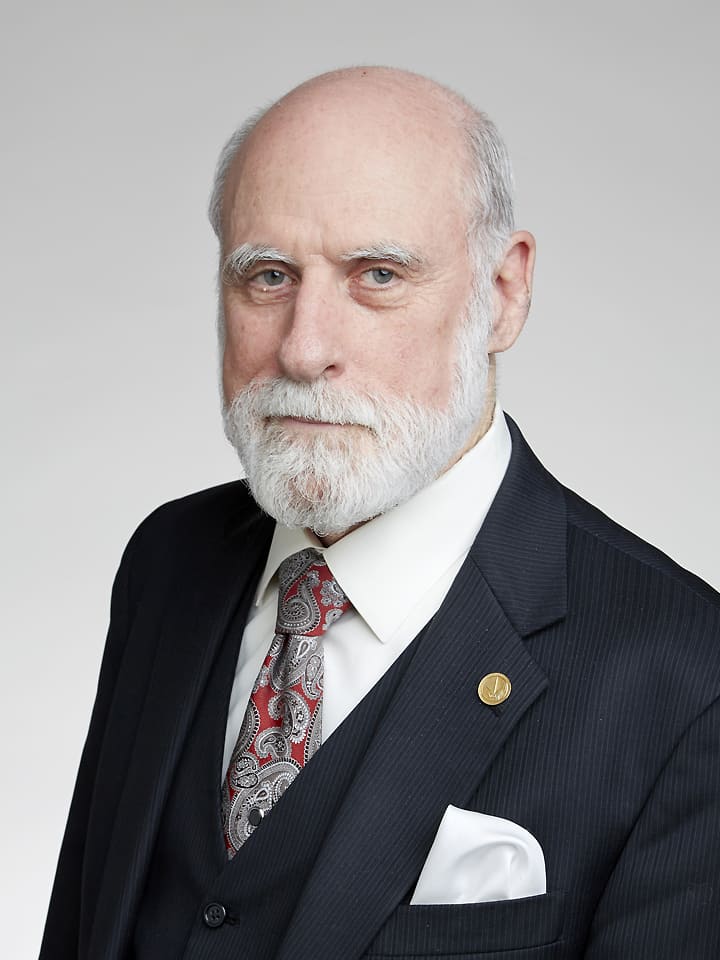
As co-architect of TCP/IP, the fundamental protocol of the internet, Vint Cerf helped build the digital world we inhabit. Now, the ‘Father of the Internet’ advocates for privacy and security to be woven into the fabric of network architecture itself. His vision extends beyond Earth. Even as he designs protocols for interplanetary communication, Cerf insists that privacy must be a foundational element of our digital future, not an afterthought.
Helen Nissenbaum, Professor of Information Science
Helen Nissenbaum revolutionized how we think about privacy by introducing the concept of “contextual integrity.” This framework establishes privacy beyond control of information to include appropriate data flow within specific social contexts, aligning with established norms and expectations.
Nissenbaum’s theory has significantly influenced privacy legislation and technology design worldwide, leading to a shift from generic privacy policies to more nuanced approaches that consider the context in which information is shared. Her work has guided courts in interpreting privacy rights and has led companies to design privacy policies that respect the complex social contexts in which data exists.
The perspective she introduced has also significantly influenced contemporary data privacy practices by leading organizations to design policies and systems that respect the contextual nuances of information sharing. At Usercentrics, we recognize that user consent should not be a one-size-fits-all model, but should instead be tailored to the particular context in which data is collected and used.
By aligning consent mechanisms with users’ specific interactions and expectations, we create data practices that respect the nuances of each context. This approach helps to enhance user trust, future-proof brands, and support compliance with evolving privacy regulations.

Helen Nissenbaum revolutionized how we think about privacy by introducing contextual integrity: the idea that privacy isn’t about secrecy, but about appropriate flows of information. Her framework has profoundly influenced privacy legislation and tech design worldwide, demonstrating how privacy norms must reflect the complex social contexts in which data exists. Her work shapes how courts interpret privacy rights and how companies design privacy policies.
Lawrence Lessig, legal scholar and political activist
Lawrence Lessig, legal scholar and political activist, fundamentally reshaped our perception of digital rights with his assertion that “code is law.” In his seminal work, “Code and Other Laws of Cyberspace,” Lessig brought to light how software architecture, more than traditional legal frameworks, governs our privacy and freedom online.
By pointing out that the design of code can either constrain or liberate user behavior, he exposed the profound impact of technological structures on individual rights. This concept is employed in tools like consent management platforms and cookie banners, which are integrated into websites to manage user consent for data collection.
Of course, a well-designed cookie banner supports compliance with privacy regulations. But it also empowers users by providing clear choices about their data, thereby enhancing trust and engagement. Embedding these consent mechanisms directly into the architecture of websites effectively regulates data practices, aligning with Lessig’s perspective on the regulatory power of code.
As the founder of Creative Commons, Lessig championed the digital commons, advocating for a more equitable distribution of digital resources. His work demonstrates that privacy is not solely an individual concern but is deeply intertwined with the structures of power in the digital age.
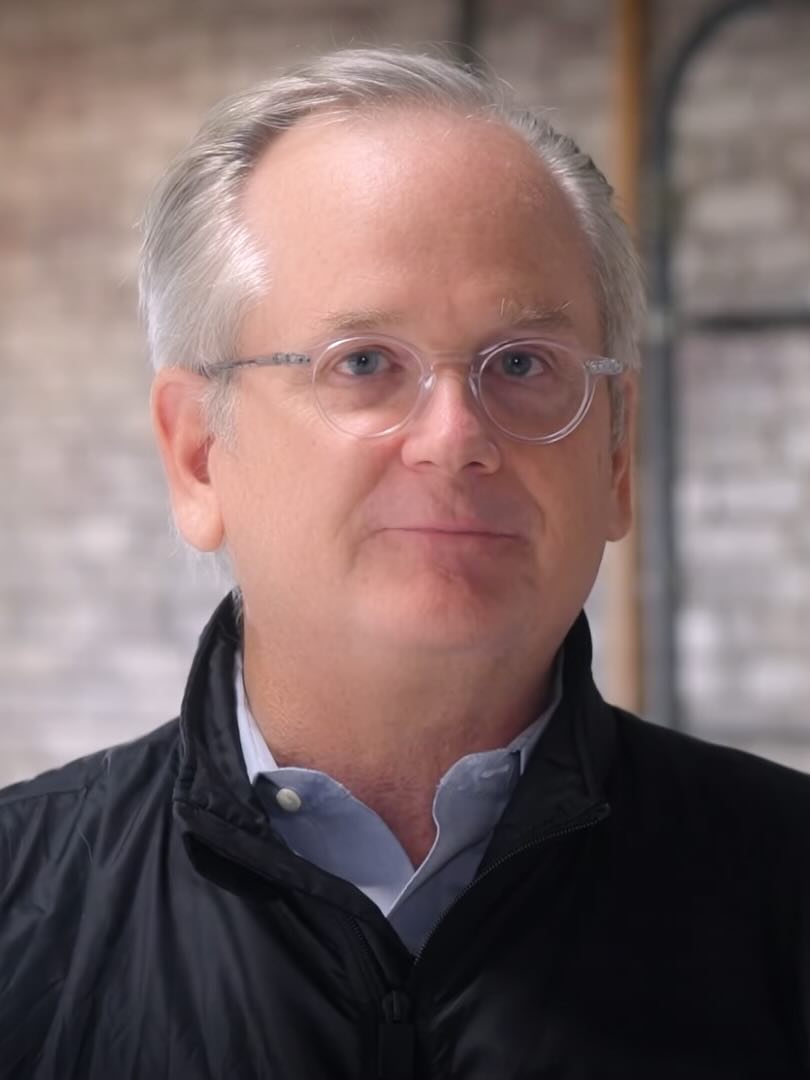
Lawrence Lessig fundamentally changed how we understand digital rights by declaring “code is law,” revealing how software architecture, more than traditional legal frameworks, shapes our privacy and freedom online.
Founder of Creative Commons and champion of digital commons, Lessig demonstrated that privacy isn’t just about individual rights, but about the architecture of power in the digital age. His insights remain crucial as we navigate AI and emerging technologies.
David Chaum, cryptographic privacy innovator
Computer scientist and cryptographer David Chaum’s groundbreaking innovations have significantly influenced the landscape of digital privacy. In 1982, he introduced the concept of blind signatures, enabling secure and anonymous digital transactions. Building upon this idea, Chaum founded DigiCash in 1990 and launched ecash — the first digital currency designed to preserve user anonymity. His work laid the foundation for modern cryptocurrencies and privacy-focused payment systems.
Beyond digital currency, Chaum focused on filling the need for anonymous communication. In 1981, he proposed mix networks, which obfuscate the relationship between senders and recipients, enhancing message privacy.
He also developed the dining cryptographers protocol that further advanced anonymous communication by enabling participants to transmit messages without revealing their identities. Combined, these contributions have profoundly influenced privacy-preserving technologies, and helped shape how we protect personal information in the digital age.

Computer scientist and cryptographer David Chaum’s groundbreaking innovations have significantly influenced the landscape of digital privacy. In 1982, he introduced the concept of blind signatures, enabling secure and anonymous digital transactions. Building upon this idea, Chaum founded DigiCash in 1990 and launched ecash — the first digital currency designed to preserve user anonymity. His work laid the foundation for modern cryptocurrencies and privacy-focused payment systems.
Alan Westin, legal scholar and ‘father of modern data privacy law’
Alan F. Westin, legal scholar and professor at Columbia University, was widely recognized as the father of modern data privacy law. His 1967 book, “Privacy and Freedom,” laid the foundation for the field of privacy law, defining privacy as “the claim of individuals, groups, or institutions to determine for themselves when, how, and to what extent information about them is communicated to others.” This work significantly influenced US privacy legislation and sparked global privacy movements in democratic nations through the 1960s and 70s.
Westin’s research at Columbia University in the 1960s is widely recognized as the first significant work on the problem of consumer data privacy and data protection. His insights into the impact of information technologies on government operations and citizen services have had a lasting influence on how privacy is perceived and protected in the digital age.
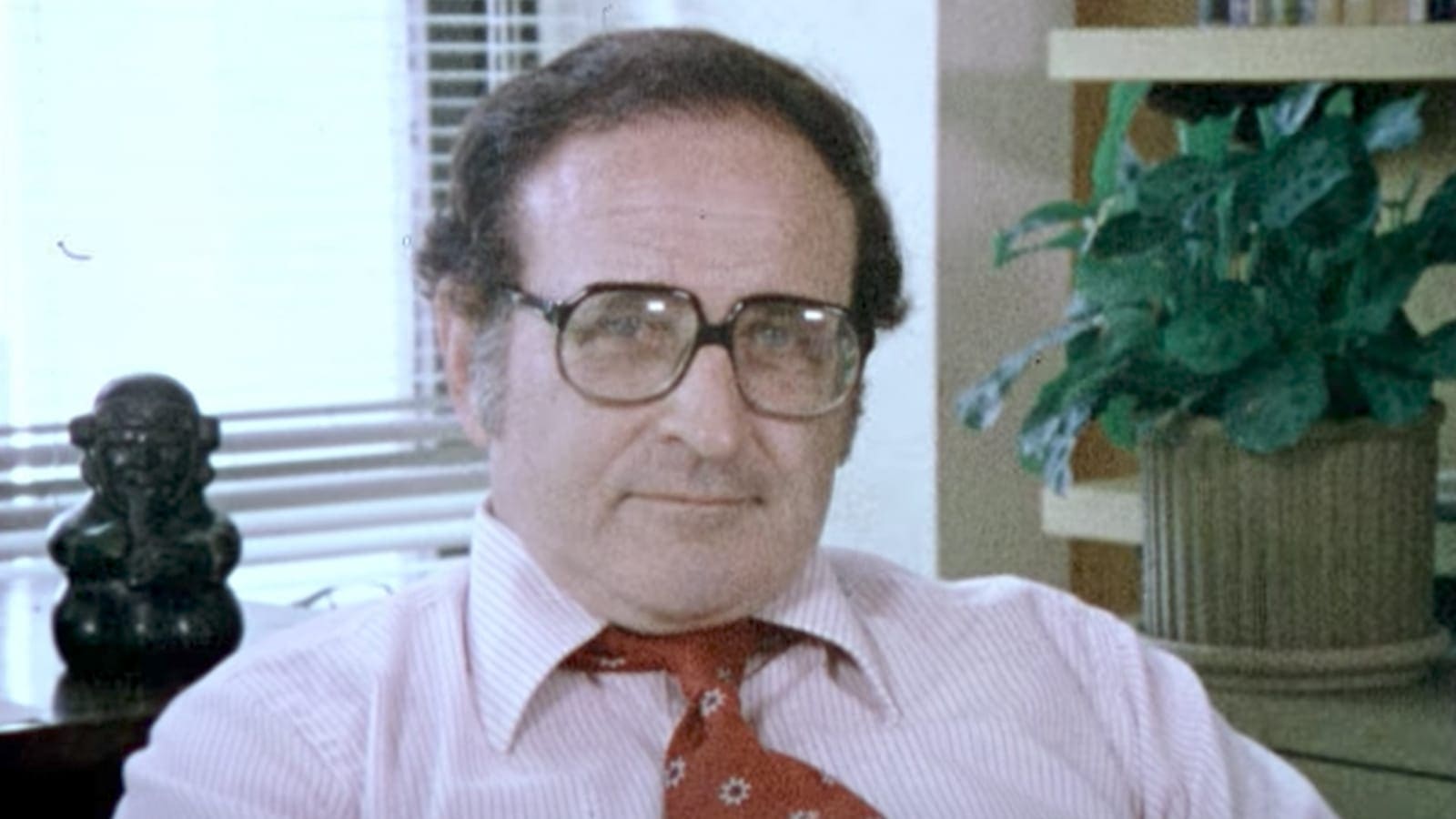
Alan F. Westin, legal scholar and professor at Columbia University, was widely recognized as the father of modern data privacy law. His 1967 book, “Privacy and Freedom,” laid the foundation for the field of privacy law, defining privacy as “the claim of individuals, groups, or institutions to determine for themselves when, how, and to what extent information about them is communicated to others.” This work significantly influenced US privacy legislation and sparked global privacy movements in democratic nations through the 1960s and 70s.
Andreas Pfitzmann, early architect of technical privacy protection
Andreas Pfitzmann was a German computer scientist who significantly advanced technical privacy protection. Beginning his academic career in 1982 at the University of Karlsruhe, Pfitzmann recognized early the critical intersection of technology and privacy rights. His work emphasizes that the social significance of privacy research often outweighs technical expertise. This perspective shaped his career and contributions to the field.
Pfitzmann’s work coincided with the German Federal Constitutional Court’s 1983 development of the “Right to Informational Self-Determination.” He foresaw that implementing this right required integrating legal frameworks with technological solutions. His research focused on network anonymity, pseudonyms, signatures, and electronic legal transactions. Collaborating with colleagues like Birgit Pfitzmann and Michael Waidner, Pfitzmann established concepts later known as “Privacy by Technology” and “Multilateral Security.” These ideas, which advocated that privacy must be enforced by technology and that systems should support the security interests of all participants, laid the groundwork for what are now termed Privacy-Enhancing Technologies (PET).
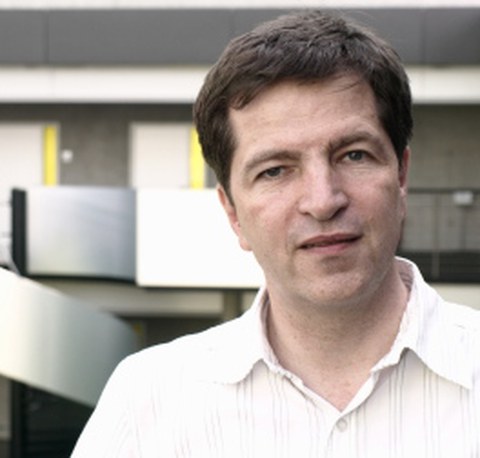
Andreas Pfitzmann was a German computer scientist who significantly advanced technical privacy protection. Beginning his academic career in 1982 at the University of Karlsruhe, Pfitzmann recognized early the critical intersection of technology and privacy rights. His work emphasizes that the social significance of privacy research often outweighs technical expertise. This perspective shaped his career and contributions to the field.
Legacy and impact: shaping privacy’s future
The development of privacy concepts, theories, and technologies has been driven by remarkable individuals and their diverse perspectives. From Andreas Pfitzmann’s pioneering technical implementations to David Chaum’s cryptographic innovations, privacy has benefited from contributions across multiple disciplines. What unites these pioneers is their recognition that privacy represents a fundamental value, one that requires protection through intentional design, theoretical frameworks, and legal guardrails.
As we face increasingly complex privacy challenges, the foundational work of these trailblazers continues to inform our approach to balancing information access with individual privacy rights.
At Usercentrics, we embrace this legacy through our commitment to Privacy-Led Marketing, an ethical and sustainable approach that puts privacy, informed consent, and respect for user preferences at the forefront. By fostering transparency and trust, we balance the need for privacy compliance with the creation of meaningful relationships that drive loyalty and growth. By aligning our work with the principles established by these pioneers, we maintain the core values of data privacy and user empowerment as the guiding principles of our approach to innovation in marketing practices.

